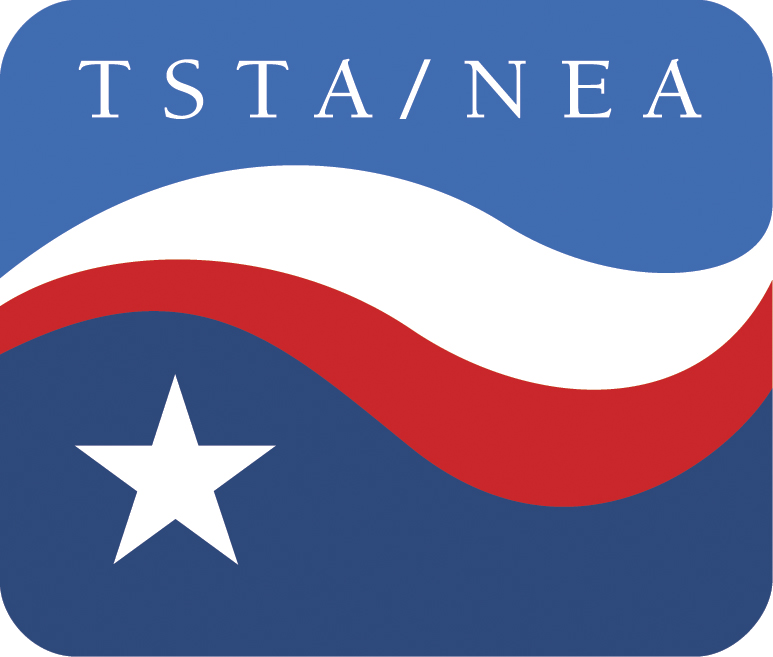Ideology, not public education, drove Legislature
It was clear from the beginning of the 82nd Legislature that anti-government ideology, not public education, was going to drive the session. And, it did. Governor Perry and the legislative leadership insisted on bridging a $27 billion revenue shortfall primarily with budget cuts, and an overwhelming majority of conservative Republican lawmakers eagerly complied. The result was a new state budget that, for the first time in more than 60 years, didn’t fully fund school finance formulas and meet anticipated enrollment growth, even though lawmakers – at the governor’s insistence – left more than $6 billion of taxpayer money untouched in the emergency Rainy Day Fund.
The bottom line was a $4 billion cut to school district formula funding on top of $1.4 billion in cuts to discretionary grants for such programs as full-day pre-kindergarten, dropout prevention and teacher bonuses.
Before all the dust settles, thousands of school employees will have lost their jobs, more classrooms will be overcrowded, electives will be cancelled and some neighborhood schools may be up for closure.
Moreover, the Legislature did nothing to address the structural deficit in the school finance system that is projected to be $10 billion for the 2012-2013 biennium. This is the result of the Legislature’s failure to fully pay for the school property tax cuts ordered in 2006.
All this financial neglect of public education in Austin is sure to result in still another lawsuit against the state over the school finance system, and that lawsuit likely will be filed soon.
Despite the budgetary setbacks, TSTA and other public school supporters put on a full-court press against several other pieces of anti-public education, anti-teacher legislation and were able to defeat them in the regular session. We blocked efforts to raise the 22-1 class size cap in K-4; repeal the minimum salary schedule; allow districts to furlough teachers and cut their pay; weaken teachers’ due process rights; create a teacher appraisal system heavily weighted toward student test scores; create a private school voucher program; and expand the number of charter schools.
But in a special session immediately following the regular session, Republican majorities in the House and the Senate undid part of our work and passed several anti-teacher initiatives. A major part of the problem was the fact that the Senate operated during the special session without the two-thirds rule, making it difficult for TSTA’s supporters to block bad legislation in that chamber.
For a short while, it looked like some potential good would come out of the special session. Rep. Donna Howard, a Democrat from Austin, was successful in amending Senate Bill 2, a fiscal matters bill, to provide a contingent appropriation from the Rainy Day Fund for public school enrollment growth, which isn’t covered in the new state budget. Howard’s amendment would have provided that any money in the Rainy Day Fund that exceeded the $6.5 billion balance projected for the next budget period would have been spent to cover enrollment growth. That contingent expenditure would have been capped at $2.2 billion. But pressure from conservative ideologues intent on shrinking state government killed that amendment in conference committee.
The anti-teacher provisions that were approved during the special session were in Senate Bill 8. They include language allowing school districts to cut teacher pay in two ways: (1) by ordering teacher furloughs for as many as six non-instructional days a year and reducing pay accordingly, and (2) by repealing the 2009 law that prohibited districts from paying returning teachers less than they earned in the 2009-2010 school year.
Senate Bill 8 also:
- Allows a school board to declare a financial emergency at any time for purposes of imposing a reduction in force and removes seniority as a factor in determining which teachers are terminated during a RIF. Dismissals now will be based primarily on teacher appraisals or other criteria determined by the board.
- Changes the deadline for notification of non-renewal of a teacher’s contract from the 45th day before the end of instruction to the 10th day before the end of instruction. The same change applies to notification of a probationary teacher being dismissed. This change will give laid off teachers less time to find new jobs for the next school year.
- Eliminates a teacher’s right to an independent hearing in cases of mid-year dismissals.
- Requires the state education commissioner to study the minimum salary schedule and make a recommendation to the Legislature in 2013 on the best way to determine the schedule.
TSTA was influential in having Senate Bill 8 amended to require districts to apply any furloughs and pay cuts to administrators as well as teachers and to hold public hearings on other budget options, including increases in local property taxes and use of available fund balances.
During the special session, TSTA also helped kill attempts to raise the 22-1 class size cap in K-4, repeal the minimum salary schedule and create a private school voucher program.
But Senate Bill 8 is bad enough, and most of its changes are permanent and can be changed only by convincing future legislative sessions to repeal them.
Senate Bill 8 also moves TSTA’s fight to a different venue – local school boards. School boards won’t consider most of these changes until the 2012-2013 school year, but now is the time for teachers and other public school employees to focus more attention than ever before on school board races and school board policies. Read More
